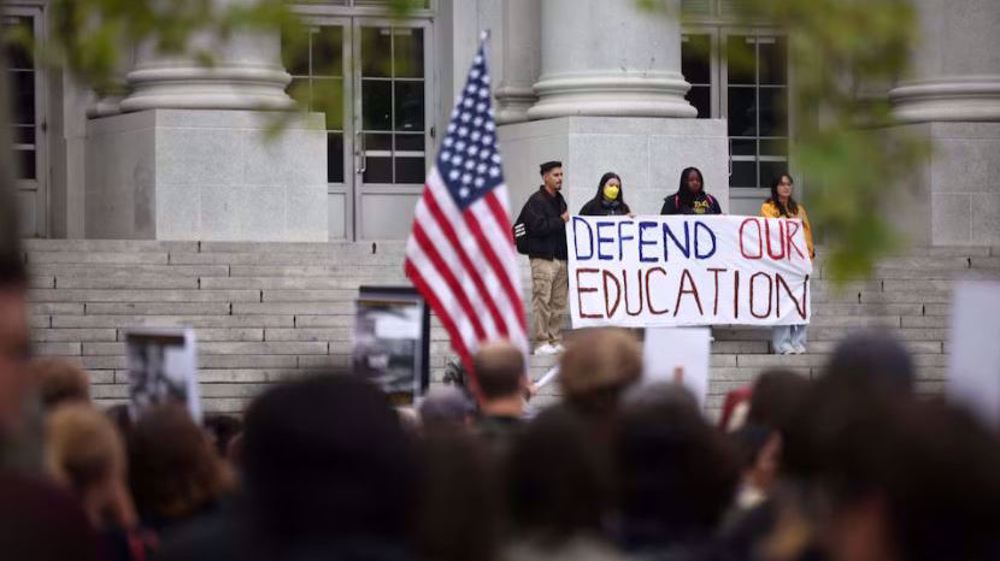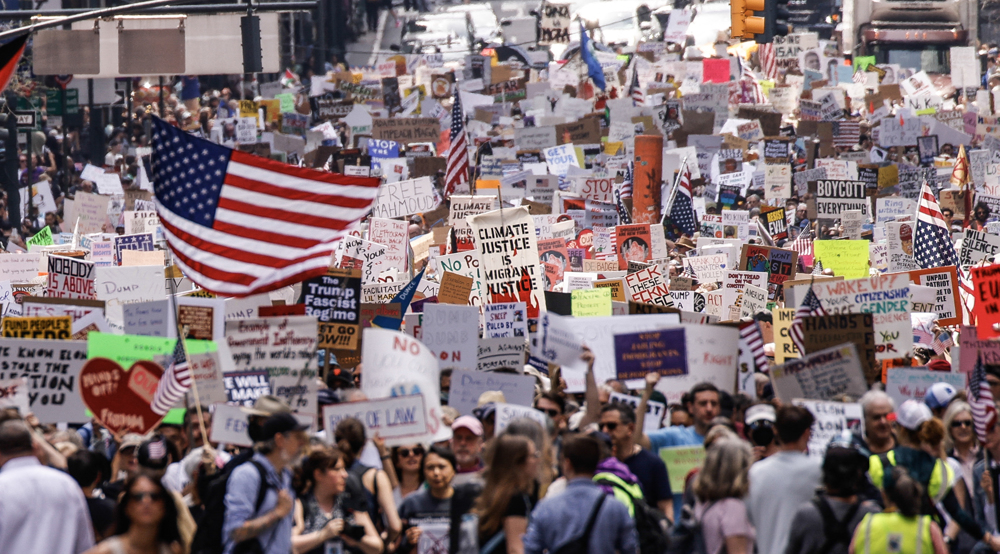NSA to spy on its own staff off-the-clock: Official
The US National Security Agency aims to keep a tab on its own staff and their personal computers when out of working hours to ensure they are not participating in illegal activities, including downloading child pornography, or leaking classified information.
Kemp Ensor, the NSA director of security, said in a report published on Monday that since national security workers go online when at home, they need to be monitored there as well.
“That is where we need to be, that’s where we need to mine," said Ensor, referring to the time when NSA staff are not at their workplace.
He pointed out to the national security workers who were previously investigated every five to ten years, adding that now the agency has introduced a “continuous evaluation” model to sift through employees’ court records, transactions, and in some cases, social media postings.
Ensor made the remarks shortly after director of the Pentagon's defense security service, Daniel Payne, warned of “aberrant computer behavior on agency-owned IT systems” and the “unbelievable amount of child porn” downloaded by the staff.
“There’s a need to routinely scan agency network activity and criminal records to gauge an individual's suitability to handle classified information,” Payne added.
Payne provided this example to demonstrate the range of issues identified during the personnel security process, and the range and value of different data sources that have a bearing on an individual's ability to access sensitive information, the US Defense Security Service said in confirmation of Payne’s comments.
Targetting US metadata
Meanwhile, an official report says that the NSA more than doubled the number of warrantless searches it conducted on Americans from 2013 to 2015.
The report by the Office of the Director of National Intelligence reveals that the NSA conducted “approximately 9,500 queries” of American metadata in 2013, while in 2015 it was 23,800 searches.
The NSA’s widespread surveillance of Americans and foreign nationals, as well as political leaders around the world, was exposed by its former contractor, Edward Snowden, in 2013.
Sniffing out data from Americans rose dramatically after the 9/11 attacks in New York.
The NSA used the attacks as a justification to start a mass surveillance program. In 2012, NSA whistleblower Bill Binney estimated that the spy agency had intercepted 20 trillion communications “transactions” of Americans such as phone calls, emails, and other forms of data.

US universities defy Trump deportations of foreign students

Thousands condemn Trump’s policies in rallies across US

Advocacy group files war crimes case in US against Israeli soldier
Putin orders emergency planes to Iran after blast at port of Bandar Abbas
Pezeshkian arrives at port blast site to monitor response operations
VIDEO | Press TV's news headlines
Betar US: America's new face of Zionist terrorism and the darker rebirth of Kahanism
‘More serious than before’: Iran-US talks enter critical phase amid hope and caution
Pezeshkian’s visit to Baku heralds new order in South Caucasus
VIDEO | Eight killed, six injured after car rams into crowd at Vancouver Filipino festival
Keffiyeh-wearing Jewish woman assaulted by pro-Israel mob in New York







 This makes it easy to access the Press TV website
This makes it easy to access the Press TV website